Ever hear a banging in your pipes when the washing machine reaches the fill level, or the kitchen faucet is suddenly turned off? The culprit is likely “water hammer”, a form of hydraulic shock that occurs when the shut-off valve on a high pressure water supply line closes suddenly. With nowhere to go, the fast-moving water slams against the side of the pipe, causing the pipes to thud against each other or against wall framing.
Sure, the banging is annoying, but can it harm your plumbing pipes? Read on to find out and to learn what you can do about it.
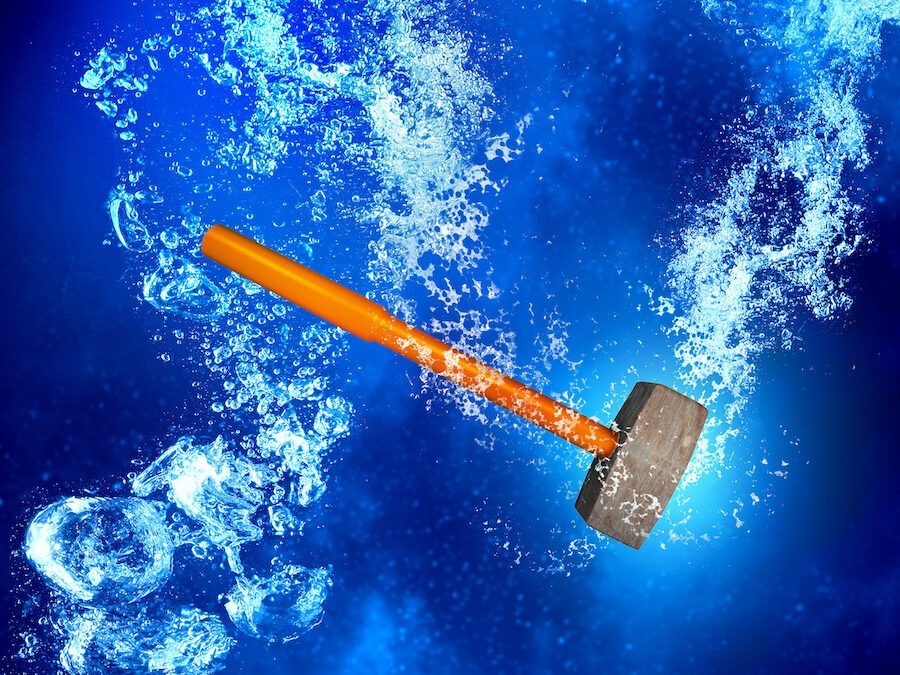
Can Water Hammer Damage Pipes?
Yes, all that banging can loosen and damage pipe connections and joints, resulting in leaks. If you’re lucky, you’ll find the leak early, before it can do too much damage. Otherwise, it can ruin insulation, wall framing, and sheetrock, and give rise to mold. The noise can also indicate the presence of a bigger issue like excessive water pressure in supply lines or loose piping and connections.
Troubleshooting Water Hammer
Drain the plumbing system.
Many homes are constructed with air chambers, inside the walls, that can stop working properly and become waterlogged. To troubleshoot, you will need to drain your plumbing system. Start by shutting off the main water valve, then open a faucet on the highest level of your home and drain water from the lowest level – usually basement or first floor. The air chamber should then fill back up with air instead of water and resolve the water hammer problem.
Adjust the water pressure reduction valve.
The pressure-reducing valve is often located at the entrance point of a home’s main water supply. Some may have a handle while others will require a screwdriver or wrench. Ideally, it should be set to below 50 pounds per square inch (PSI). Adjusting the pressure can not only take care of water hammer, but will save energy, promote water conservation and prolong the life of water-using appliances.
Reduce pressure at the meter.
If your home isn’t equipped with a pressure-reducing valve, contact your local water municipality to check the water pressure in your home. They will usually do so for free and adjust if needed.
Stabilize loose plumbing lines.
Sometimes the fasteners that secure water supply lines to wood joists or studs can become loose and create noise as water flows through and stops abruptly. Look at exposed supply lines and add additional fasters or tighten existing ones.
Cushion lines with pipe insulation.
Designed to fit around water supply lines to keep them from freezing, pipe insulation can also cushion loose pipes and prevent them from banging. Pipe insulation is inexpensive and readily available in most home improvement stores.
Install water hammer arrestors.
Water hammer arrestors have air-filled cylinders that absorb the shock of a sudden increase in water pressure once a valve shuts off. Make sure to have an arrester installed on the hot water supply line and one on the cold to eliminate water hammer throughout the home. If you’re not plumbing-savvy, it’s best to call a licensed plumber for the job.
You know what? It’s a rare occasion when we visit or speak with a customer who tells us they fixed a water hammer problem on their own. Besides, not many folks have the time or skill for such an undertaking – but we do. For banging pipes or any other home plumbing problem, Norhio Plumbing is ready and able to lend a helping hand.

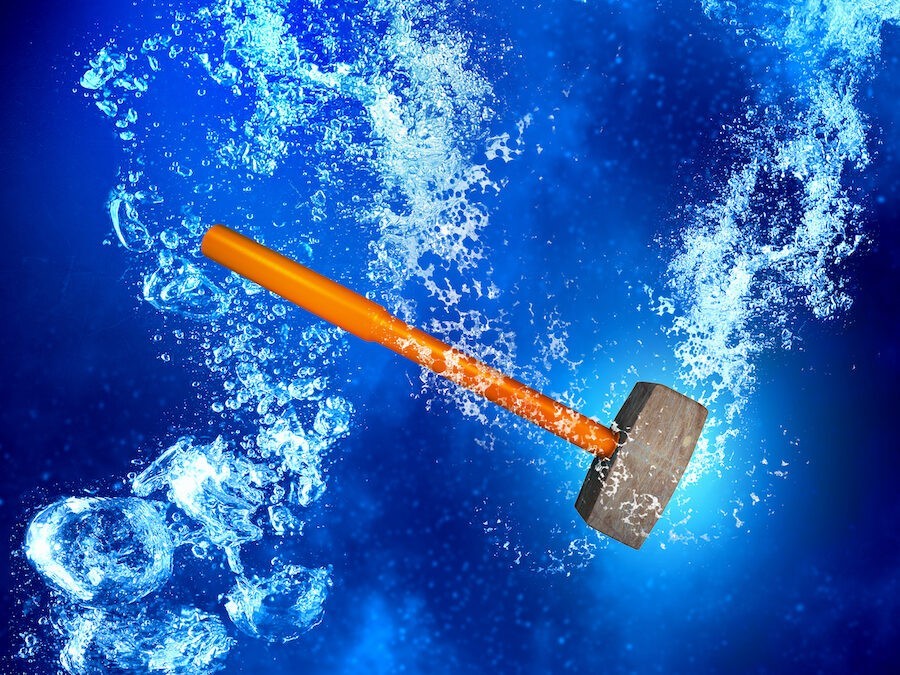
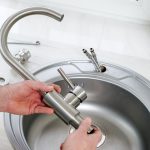


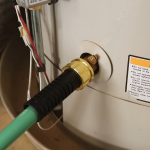
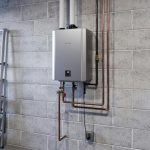
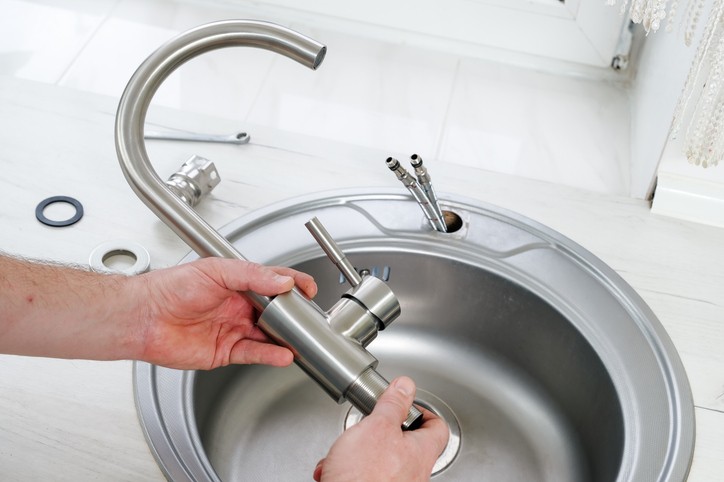
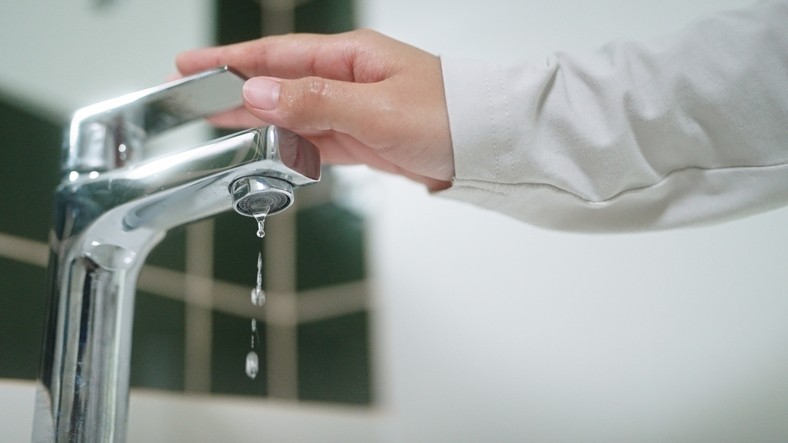

Leave a Reply